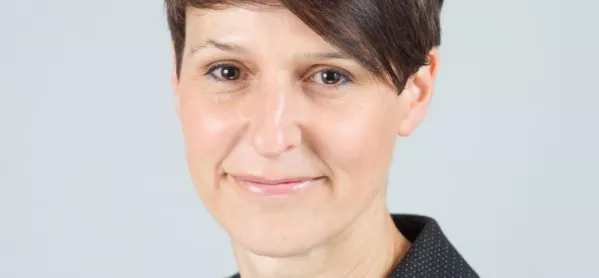Schools should be more flexible when looking at approaches to setting, a top researcher has said.
Professor Becky Francis, the director of the UCL Institute of Education in London, has urged for schools to support lower attaining pupils to ensure progress for all.
Professor Francis - who is carrying out a major study into the effect of grouping by ability - has come across some resistance from schools on alternative approaches to setting.
One school was worried about moving pupils down from high sets - to make room for lower attaining pupils who had shown progress - because of the potential backlash from “middle-class parents”.
During the research project, it was suggested to the school that moving children regularly between groups based on attainment would be good practice.
Professor Francis, who was speaking at a conference in London, said: “One of the findings says once you are put in a low attainment set you are often stuck there and we wanted to avoid that.
“The school found that really uncomfortable because to move someone up they have to move someone down. [They said] but that is so soul destroying for them and we will have middle-class parents knocking on our doors.’”
Professor Francis found that timetabling can also create problems.
“Can it be right that all kids who are in the top set for English automatically also get put in the top set for French?,” she questioned.
Her comments come on the same day that Mary Curnock Cook, the outgoing chief executive of Ucas, said all schools should introduce a “grammar stream” because bright students need the “right education for them right now”.
Speaking today at the Whole Education conference, Professor Francis said it was “interesting” that there had been a strong backlash to expanding grammar schools - and yet “the vast majority of schools use in-school academic selection as a matter of standard practice.”
During the conference, the academic highlighted research which reveals that in-school segregation has no significant effect on attainment progress - and has a negative effect on low attainers.
She said: “Disadvantaged kids tend to be disproportionally concentrated in low attainment groups. These kids from disadvantaged backgrounds could be said to be facing a double disadvantage which is extremely problematic.”
Professor Francis added: “What I am suggesting is that better supporting our lower attaining pupils can help secure progress for all.
“And the changed accountability measures - in terms of Progress 8 and the additional bonus we have on Pupil Premium performance - are really good motivators here.”
Want to keep up with the latest education news and opinion? Follow TES on Twitter and like TES on Facebook




